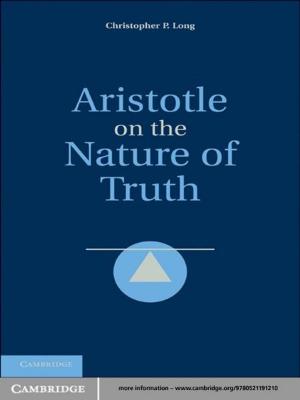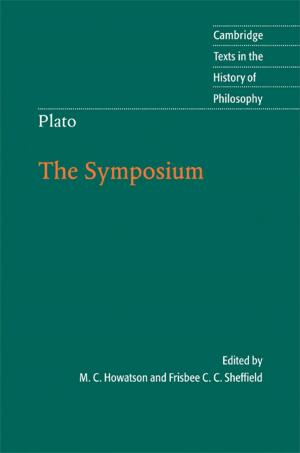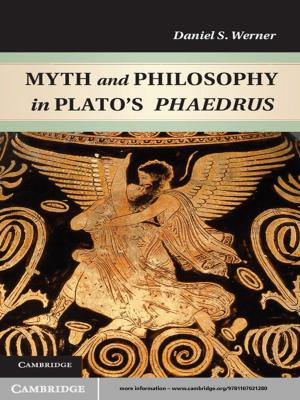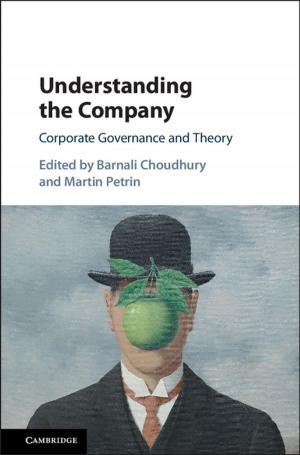Shakespeare, Alchemy and the Creative Imagination
The Sonnets and A Lover's Complaint
Fiction & Literature, Literary Theory & Criticism, British, Theory| Author: | Margaret Healy | ISBN: | 9781107779358 |
| Publisher: | Cambridge University Press | Publication: | April 28, 2011 |
| Imprint: | Cambridge University Press | Language: | English |
| Author: | Margaret Healy |
| ISBN: | 9781107779358 |
| Publisher: | Cambridge University Press |
| Publication: | April 28, 2011 |
| Imprint: | Cambridge University Press |
| Language: | English |
Shakespeare's sonnets and A Lover's Complaint constitute a rich tapestry of rhetorical play about Renaissance love in all its guises. A significant strand of this spiritual alchemy is working the 'metal' of the mind through meditation on love, memory work and intense imagination. Healy demonstrates how this process of anguished soul work - construed as essential to inspired poetic making - is woven into these poems, accounting for their most enigmatic imagery and urgency of tone. The esoteric philosophy of late Renaissance Neoplatonic alchemy, which embraced bawdy sexual symbolism and was highly fashionable in European intellectual circles, facilitated Shakespeare's poetry. Arguing that Shakespeare's incorporation of alchemical textures throughout his late works is indicative of an artistic stance promoting religious toleration and unity, this book sets out a crucial new framework for interpreting the 1609 poems and transforms our understanding of Shakespeare's art.
Shakespeare's sonnets and A Lover's Complaint constitute a rich tapestry of rhetorical play about Renaissance love in all its guises. A significant strand of this spiritual alchemy is working the 'metal' of the mind through meditation on love, memory work and intense imagination. Healy demonstrates how this process of anguished soul work - construed as essential to inspired poetic making - is woven into these poems, accounting for their most enigmatic imagery and urgency of tone. The esoteric philosophy of late Renaissance Neoplatonic alchemy, which embraced bawdy sexual symbolism and was highly fashionable in European intellectual circles, facilitated Shakespeare's poetry. Arguing that Shakespeare's incorporation of alchemical textures throughout his late works is indicative of an artistic stance promoting religious toleration and unity, this book sets out a crucial new framework for interpreting the 1609 poems and transforms our understanding of Shakespeare's art.















